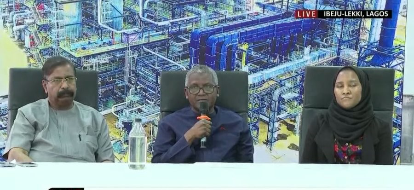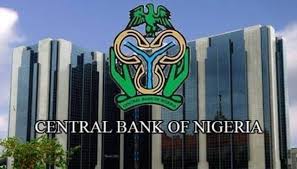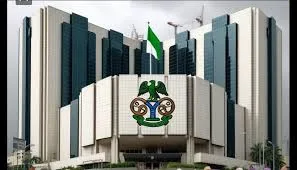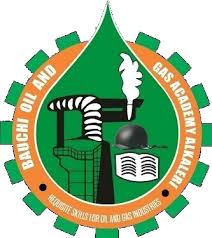A renowned columnist for the Nigerian Tribune Newspaper, Farooq Kperogi, has reacted over the petrol from of Dangote Refinery should not sell higher than N585 per litre.
Kperogi, who listed a number of landing cost components which cannot be added to the cost of locally refined products said that industry experts have certified his claim.
Writing in his column ‘Notes from Atlanta’, featured in Saturday Tribune, with the title ‘conspiracy of price gouging between Dangote and NNPCL,’ Kperogi said that the price made public by the NNPCL was exploitative.
He said that Nigerians had hope to escape the extortionate fuel prices with the coming on board of Dangote Refinery, adding, however, that Nigerians are still paying higher prices for petrol in spite of the hope that the coming of the Dangote Refinery would bring down prices.
He explained that the unending blame games, accusations and counter-accusations between the Dangote Refinery and the Nigerian National Petroleum Company Limited (NNPCL) compelled him to write on the issue.
He accused the NNPCL and Dangote of displaying a “well-choreographed conspiracy” to take advantage of Nigerians by keeping petrol prices unjustifiably high, which, according to him, “is the exploitation of consumers’ vulnerabilities during critical times.”
He frowned at NNPC being the sole off-taker and distributor of fuel from the Dangote Refinery, which has allowed the Nigeria’s Oil company to control the supply chain and effectively exclude independent marketers.
According to him, “That’s not free-market capitalism; that’s state capitalism. That’s not deregulation; it’s regulated deregulation.”
He said that an Oil industry expert, Mr. Dan Kunle, had recently provided details of what made up the price component of imported petrol in Nigeria, which the expert put at N1,107.
According to him, the Dangote Refinery, being a local Refinery is exempted from incurring costs including, freight (N86.48), jetty depot (N15.35), storage (N12.58), financing (N34.67), foreign exchange (N23.45), NPA charges (N10.58), NIMASA charges (N5.29), and customs duties (N51.17), and, therefore should, sell at no more than N518.35 per liter.
He added further that it remains a mystery how Dangote and NNPCL agreed on N766, asking: “If Dangote Refinery acquired its crude oil in dollars, which is just one part of the overall production cost, did it also cover salaries and operational costs in dollars?”
In his words: “What’s more concerning, perhaps, is that ₦766 per liter cost seems to be the expected price even after Dangote begins purchasing crude in naira from the NNPC. How can this be justified, especially when the additional costs associated with exporting crude and importing refined products would no longer apply once Dangote receives domestic crude from October 1st?”
Similarly, he emphasized that in spite of the sustained propaganda against subsidies, every serious country on earth dispenses subsidies, including energy subsidies, to its citizens.
Kperogi quipped that Nigerians are entitled to a subsidy on a quarter of the country’s crude output, and subsidizing petrol makes sense because of its broad impact on the economy.
“Moreover, this method would be far less costly than the inflated and fraudulent subsidies that have been paid for imported fuel over the years,” he stated.





























